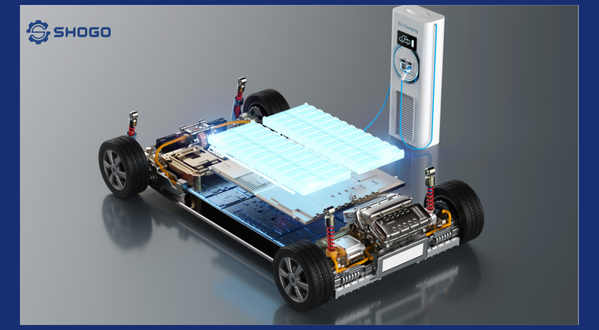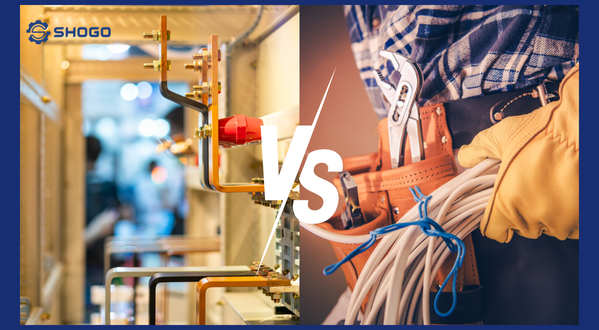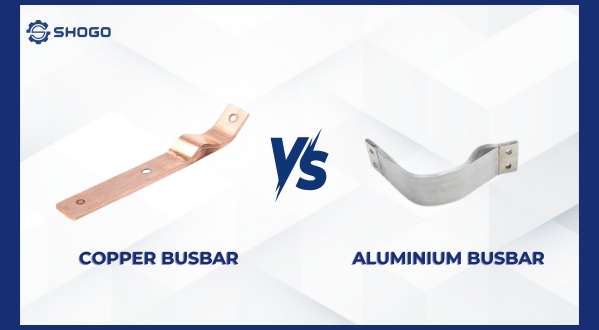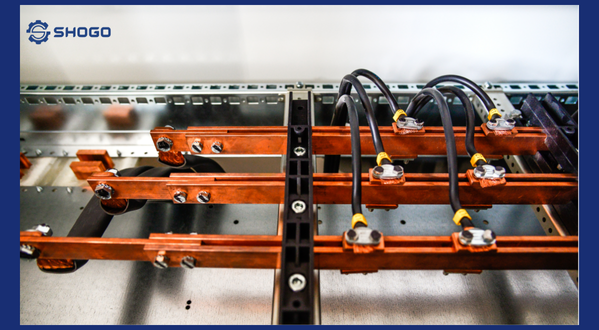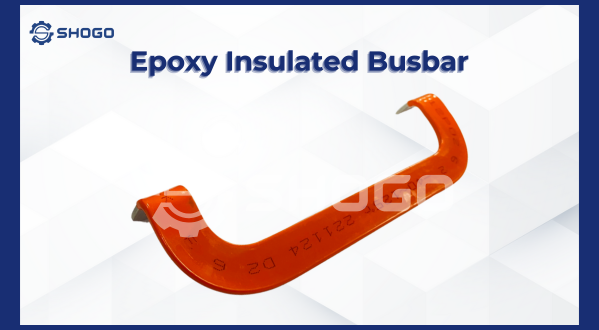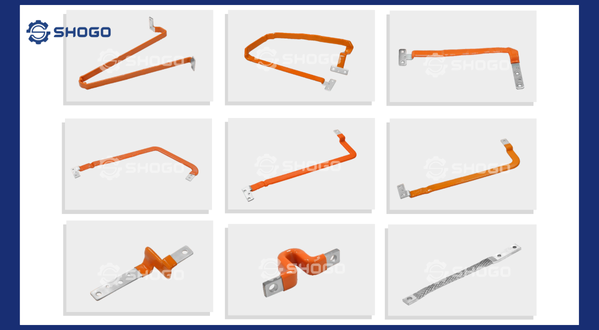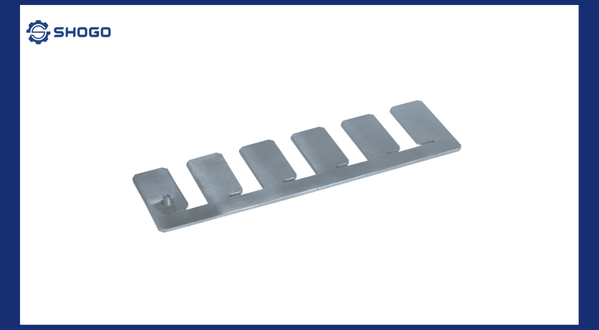
In electric vehicle (EV) battery systems, the busbar acts as a vital energy transfer component between individual cells. Our High-Temperature Resistant Cell-to-Cell Busbar is specially designed to ensure safe, stable, and efficient energy transmission under harsh thermal conditions, helping EV battery packs operate reliably over time.
Key Features
| Specification | Description |
|---|---|
| Product Name | High-Temperature Cell-to-Cell Busbar |
| Application | EV battery module – cell interconnection |
| Rated Voltage | 800V DC (can be customized) |
| Operating Temperature | -40°C to +125°C (short time up to 150°C) |
| Material | Aluminum ( or Copper ) core + high heat resistant insulation coating (e.g., PI, PFA) |
| Surface Treatment | Tin-plated / Nickel-plated for corrosion protection |
| Dimensions | Customized to specific module designs |
Why It’s Important in Harsh Environments
| Factor | Explanation |
|---|---|
| Thermal Resistance | EV batteries generate high heat. Standard materials degrade quickly, while high-temp busbars remain stable. |
| Electrical Safety | Ensures strong insulation at high voltage, avoiding short circuits and fire hazards. |
| Durability | Withstands vibration, oxidation, and high current loads over time. |
| Space Efficiency | Flat and compact design optimizes space inside battery modules. |
Typical Applications
-
EV battery packs (BEV, PHEV)
-
Energy Storage Systems (ESS)
-
High-performance power modules
Why Choose Our Busbar?
-
Engineered to meet automotive-grade standards.
-
Designed for modular customization to fit various battery layouts.
-
Proven performance in thermal cycling tests and long-term reliability trials.
Optimize Your EV Battery Systems
The High-Temperature Cell-to-Cell Busbar is not just a connector – it’s a key enabler for safe and efficient energy management in next-generation electric vehicles. With our product, you can ensure thermal stability, electrical integrity, and long-term durability even in extreme operating conditions.





